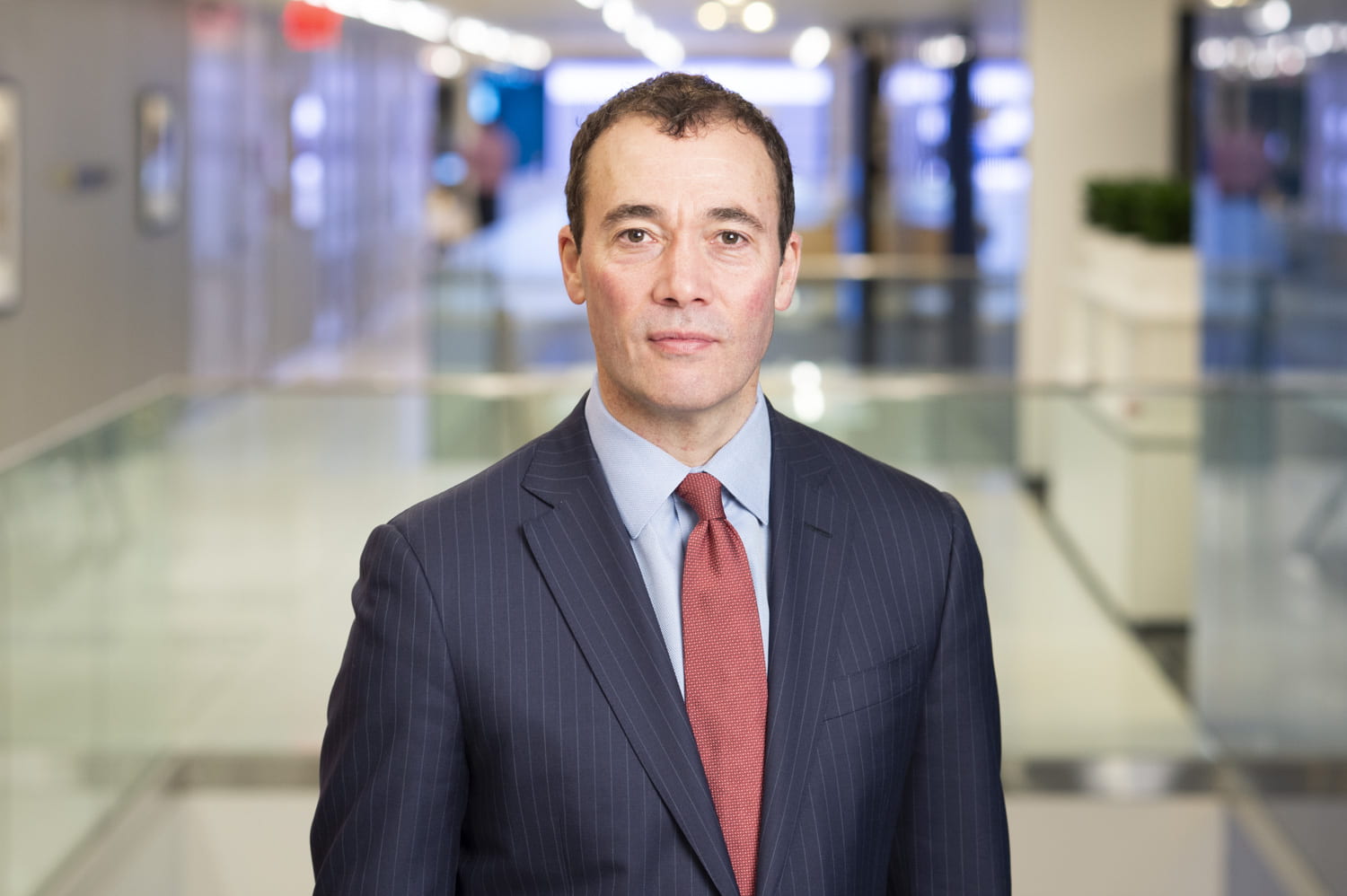William Lewis (BSc 1990, Hon LLD 2010) is the CEO of Dow Jones & Company and publisher of The Wall Street Journal. Prior to this William served as the Chief Creative Officer for News Corps, the parent company of Dow Jones and Editor-in-Chief of the Telegraph Media Group.
Why did you choose to study Politics and Economics at Bristol?
I’d been interested in politics from my early teens – I remember watching election nights in 1983 and 1987 avidly. I also did pretty well in Economics at A-level, largely thanks to a superb teacher called Horace (later Emma) Wills. So the two subjects together were a natural fit. But I suspect the fact my older brother Simon had studied PPE at Oxford ten years earlier was also an influencing factor.
What kind of student were you?
I was fairly hard working as a student, as I recall. It helped that I was fascinated by all the subjects I was studying. But I had a lot of other stuff going on too. I made many lifelong friends at Bristol and for that I am forever grateful. And then there was football. I was the captain of the University men’s side. I like to think I dragged a group of, frankly average, players towards something approaching glory.
She had taken a year off to travel in Africa before coming to Bristol and ended up travelling with my best friend from home. I used to write letters (yes letters, no email in those days) to him to keep him up to speed with all things British and apparently he would let Becca read them. Anyway, something I penned must have got her interested, so she came to find me at the Freshers Fair where I was helping out on the SDP (a now defunct political party) stand. We weren’t exactly rushed off our feet with people applying to join the society and so began a beautiful friendship.
Winning the penalties up on the Downs playing for Hiatt Baker versus the trainee vicars in the semi-final of the intramural cup. The council had tried to take the goal posts down before the penalty shoot-out but the vicars helped us resurrect them. My friend Robert Lawson missed his penalty and I have never forgiven him – even though we won and went on to the final.
What was it like writing for Epigram?
I loved writing for Epigram – although I wasn’t 100% sure I would become a journalist at the time. James Landale (now BBC Diplomatic Correspondent) was the editor and we had tremendous fun. My abiding memory is interviewing Joe Jordan, who was the Manager of Bristol City FC. Joe was an iconic – and fearsome – centre-forward for the Leeds United and Manchester United teams of my childhood in the 1970s. Proper famous!
What are the key things your time at Bristol gave you? How has your time at Bristol influenced your career?
I went to a comprehensive school, which wasn’t a great experience as we were not blessed with brilliant resources and facilities. So I was like a kid in a candy store in Bristol, there were just so many different things to experience – journalism, sport, theatre, going out! And that’s not including the brilliant lectures and seminars.
What’s the best story that you’ve covered?
I have to say the MPs’ Expenses Scandal of 2009, when I was Editor of the Daily Telegraph. It was the biggest political story for decades and its impact can still be felt today. That was very much a team effort, with some 40+ editors, reporters and production staff involved. As a humble reporter, it would have to be landing the scoop about the oil company Exxon merging with rival Mobil in 1999. Back then, it was the largest industrial merger in the world and it undoubtedly – excuse the pun – fuelled my career.
And what do you consider your greatest achievement to be?
Outside helping to raise a happy family with my wife, it would be bringing together talented people – from diverse backgrounds and with differing views – and getting them to work well together. Rather like raising a family, it’s harder than you think!
Why did you want to move to the USA?
I had fallen in love with America when I first visited in April 1982, so I was hugely excited when Becca and I moved to New York in 1997 enabling me to become the mergers and acquisitions correspondent for the Financial Times (Becca ended up getting a much bigger job than me out there with a law firm). I had always fancied working abroad and covering Wall Street in the late 90s was a blast. We loved New York and our first child, Izzy, was born in Manhattan, so there has always been a strong bond with the city. We returned to London in 2000. My job as CEO of Dow Jones and publisher of The Wall Street Journal means that I now spend a lot of my working days in New York, although as it’s a global company I can find myself in Barcelona, Hong Kong or any of our 55 offices around the world.
What advice would you give students today? Would you have done anything differently?
Work harder! Seriously, though, make sure you enjoy yourselves – university is over all too quickly. Form friendships and discover different ways of thinking about and tackling life’s challenges. Make the most of every minute – try new things, particularly those that are out of your comfort zone.
Would I have done anything differently? No. It’s a cliché, but it’s true – they were the best years of my life. Thank you, Bristol!

